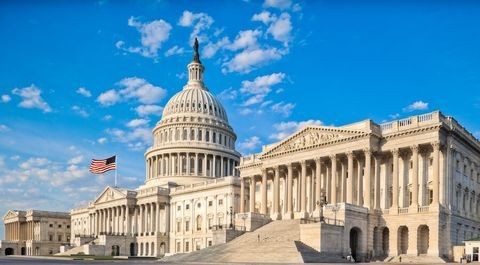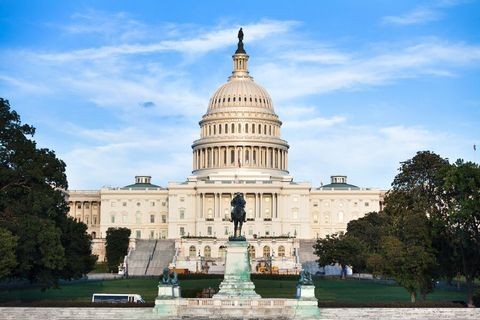Trina Fairley Barlow
Overview
Employers at risk of high stakes litigation and dealing with sensitive investigations involving key personnel turn to Trina to help them minimize legal risk, navigate changing legislative landscapes, and protect their brand. Trina partners with companies in highly regulated industries to help them comply with the myriad labor and employment laws, executive orders, and regulations that impact their business. She helps them assess key programs and policies, including DEI programs, to allow them to make required certifications, avoid legal liability, and meet their business objectives.
Career & Education
- The George Washington University Law School, J.D.
- University of Virginia, B.A.
- District of Columbia
- Maryland
- U.S. Court of Appeals for the D.C. Circuit
- U.S. District Court for the District of Columbia
- U.S. District Court for the District of Maryland
- U.S. District Court for the Northern District of Texas
Trina's Insights
Blog Post | 02.03.26
Client Alert | 9 min read | 01.30.26
Speaking Engagement | 01.08.26
"What Will the New Year Bring in 2026?" Crowell & Moring Webinar.
Speaking Engagement | 10.23.25
"Common Compliance Issues," Government Contracts 101 Seminar, Washington, D.C.
Recognition
- Chambers USA: Labor and Employment, District of Columbia, 2023-2025
- Thomson Reuters Stand-out Lawyer, 2025
Trina's Insights
Blog Post | 02.03.26
Client Alert | 9 min read | 01.30.26
Speaking Engagement | 01.08.26
"What Will the New Year Bring in 2026?" Crowell & Moring Webinar.
Speaking Engagement | 10.23.25
"Common Compliance Issues," Government Contracts 101 Seminar, Washington, D.C.
Insights
Employment: Employer Recruiting and Retention Under the Microscope
|01.10.24
Litigation Forecast 2024
- |
09.26.23
Employee Relations Law Journal
Labor and Employment – Pay Equity: The Shifting Landscape
|01.09.18
Crowell & Moring's Litigation Forecast 2018
Labor & Employment – Repeals and Rollbacks are Likely
|05.09.17
Crowell & Moring's Regulatory Forecast 2017
Investigations – Under Pressure and Out of Time
|01.17.17
Crowell & Moring's Litigation Forecast 2017
AI Adoption Likely To Spark Surge In Corporate Litigation Of All Stripes In 2024
|01.17.24
Corporate Counsel
DOJ’s Definition for Extraordinary Cooperation ‘Leaves a Little to Be Desired,’ Lawyer Says
|03.09.23
Export Compliance Daily
Reminders for a Potential Government Shutdown this Weekend
|02.03.26
Crowell & Moring’s Government Contracts Legal Forum
Common Questions—and Answers—About A Government Shutdown
|10.01.25
Crowell & Moring’s Government Contracts Legal Forum
GSA to Require SCA Wage Determinations at the Task Order Level
|05.19.16
Crowell & Moring's Government Contracts Legal Forum
Practices
- Labor and Employment
- Labor and Employment Class Actions
- Litigation and Trial
- Employment Discrimination Counseling and Litigation
- Wage and Hour
- Government Contracts
- Whistleblower Investigations
- Investigations
- False Claims Act Defense
- Pay Equity
- Regulatory Litigation
- Labor and Employment Investigations
- DEI in the Workplace
Industries
Trina's Insights
Blog Post | 02.03.26
Client Alert | 9 min read | 01.30.26
Speaking Engagement | 01.08.26
"What Will the New Year Bring in 2026?" Crowell & Moring Webinar.
Speaking Engagement | 10.23.25
"Common Compliance Issues," Government Contracts 101 Seminar, Washington, D.C.





